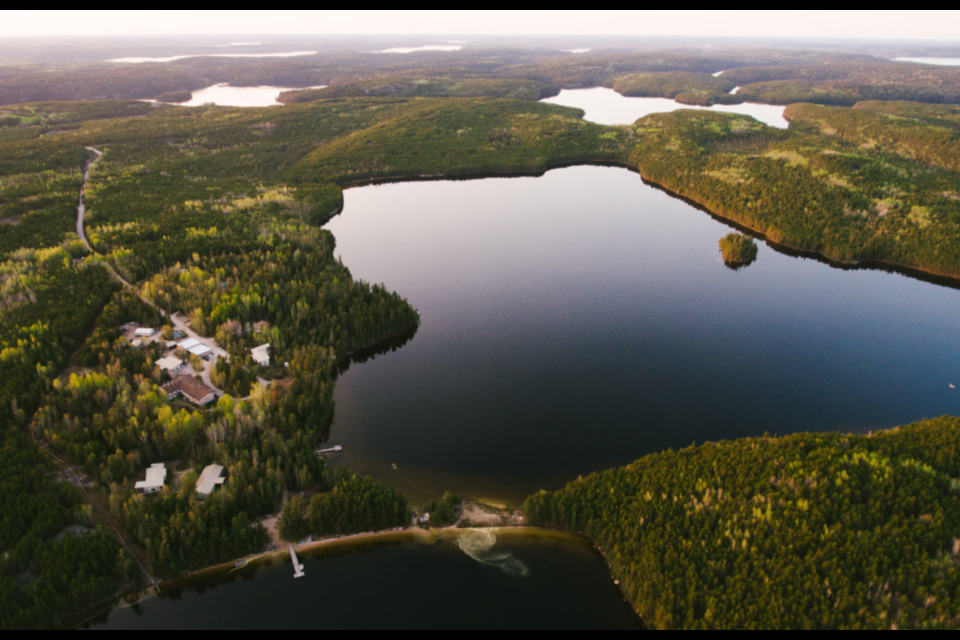EXPERIMENTAL LAKES AREA – Eight female scientists from Africa are in Northwestern Ontario as part of an international science program.
“I’ve interacted with different researchers here and local communities – the Indigenous people – learning about their culture, seeing how passionate they are about their culture and conservation of the values that they hold,” Claire Ajambo, a fisheries and aquaculture scientist from Uganda, said Monday in an interview from the Experimental Lakes Area.
“And I must say that I am inspired by what is happening here,” she added.
“So it’s something that for me as a Ugandan I can take back and say we have to also do this, let’s be proud of who we are and let’s conserve what we have. Let’s keep on promoting our values among the different generations that we have before us.”
As a leader in a United Nations fish farming project in Uganda, Ajambo has trained about 1,400 women in caged fish farming and mentored over 140 of them as potential managers in the project with her knowledge in fish feeding, sampling, data analysis, record keeping, harvesting and more.
Mbumba Chalira said she will return from her two weeks at the lakes with newly acquired skills and knowledge in environmental DNA that can be applied in her work with Malawi’s fisheries department.
Environmental DNA, the genetic material left by organisms, is used to detect the presence and abundance of species without having to physically capture them, which can then be used to assess biodiversity in the water.
Chalira described her Canadian experience as “empowering” and said she is already “communicating back home with other women scientists” about what she has seen and heard at the research facility.
“There are a lot of scientific disciplines in this place,” she said. “People are doing different things. We do the same back home, but with minimum technology – with maybe cost-efficient approaches or outdated approaches, I might even say, (compared to) here.”
The visiting scientists are learning about advanced techniques and technology firsthand, Chalira said.
“And I always say you can read as much as you can read, but then experiencing it in-person is a whole different aspect of it.”
The other scientists visiting the Experimental Lakes Area are from Kenya, Ethiopia, Tanzania, Zambia and the Democratic Republic of Congo.
They are all in Canada via African Women in Science, a joint program of the International Institute for Sustainable Development (IISD) and the African Center for Aquatic Research and Education.
A website for the African Women in Science program says it “builds capacity for African women in science through professional development” and “advances science on the African Great Lakes and their tributaries.”
The Experimental Lakes Area, located east of Kenora and south of Highway 17, comprises 58 freshwater lakes used for research. It is operated by the IISD, a think tank headquartered in Winnipeg.
